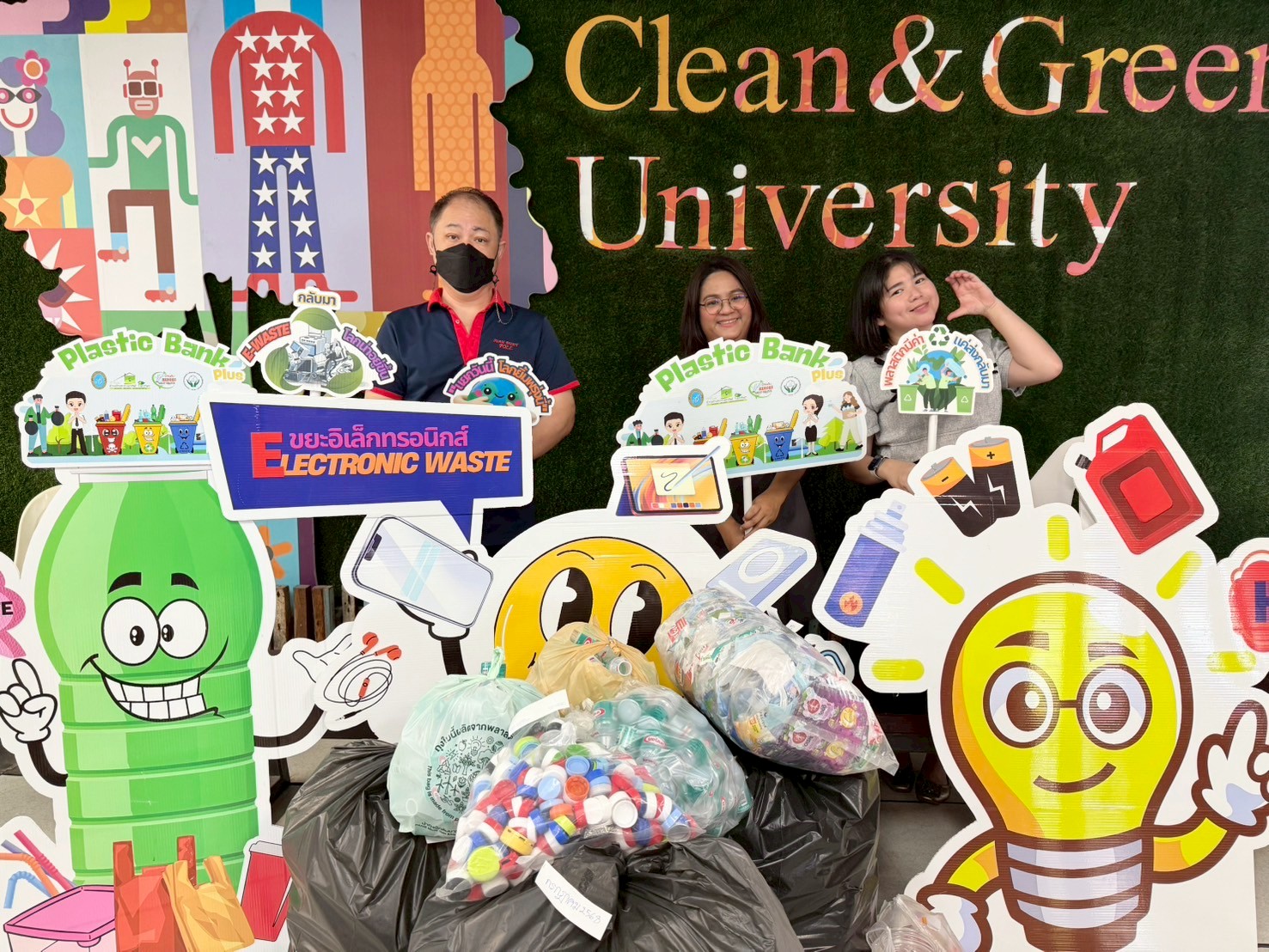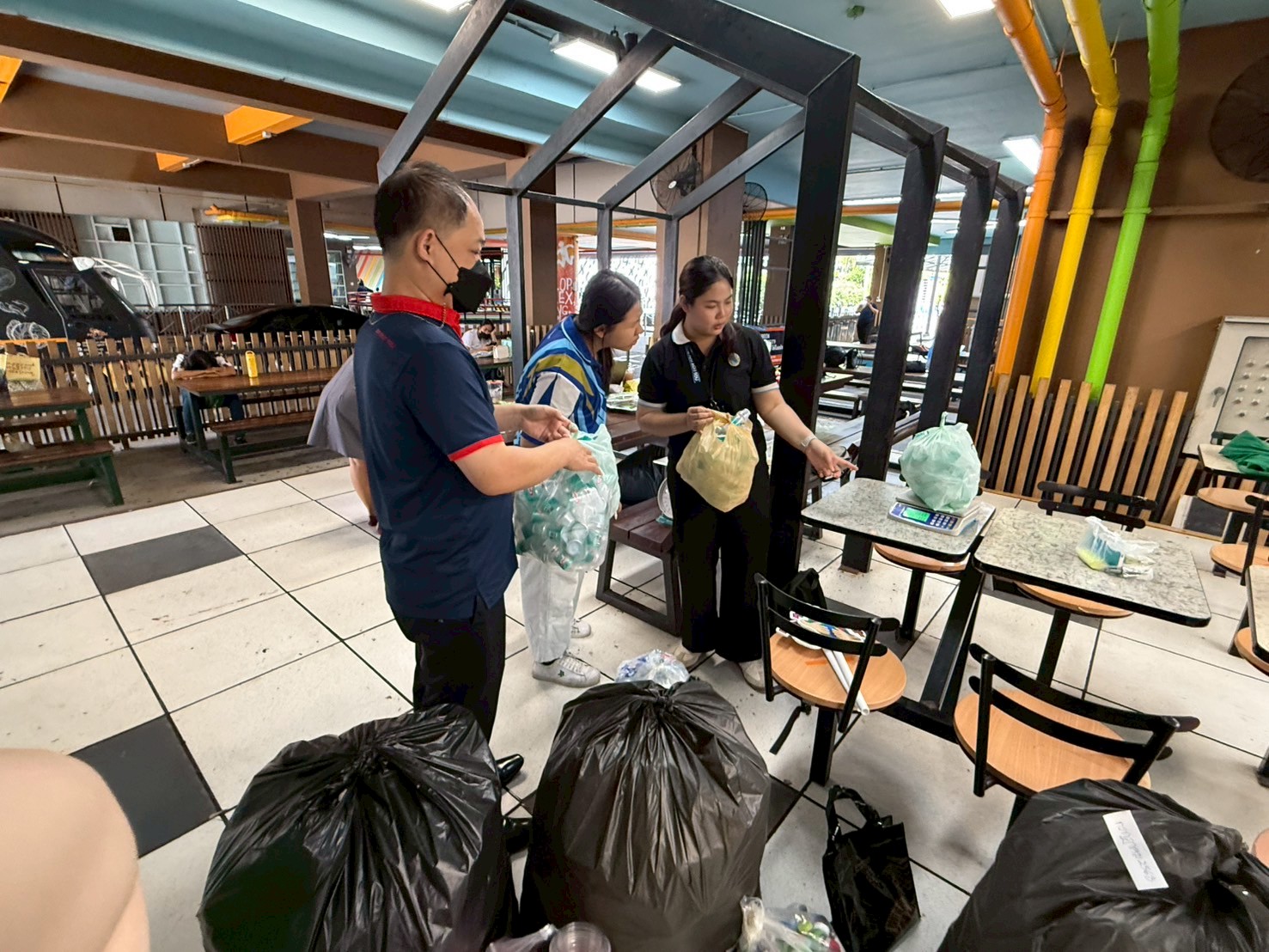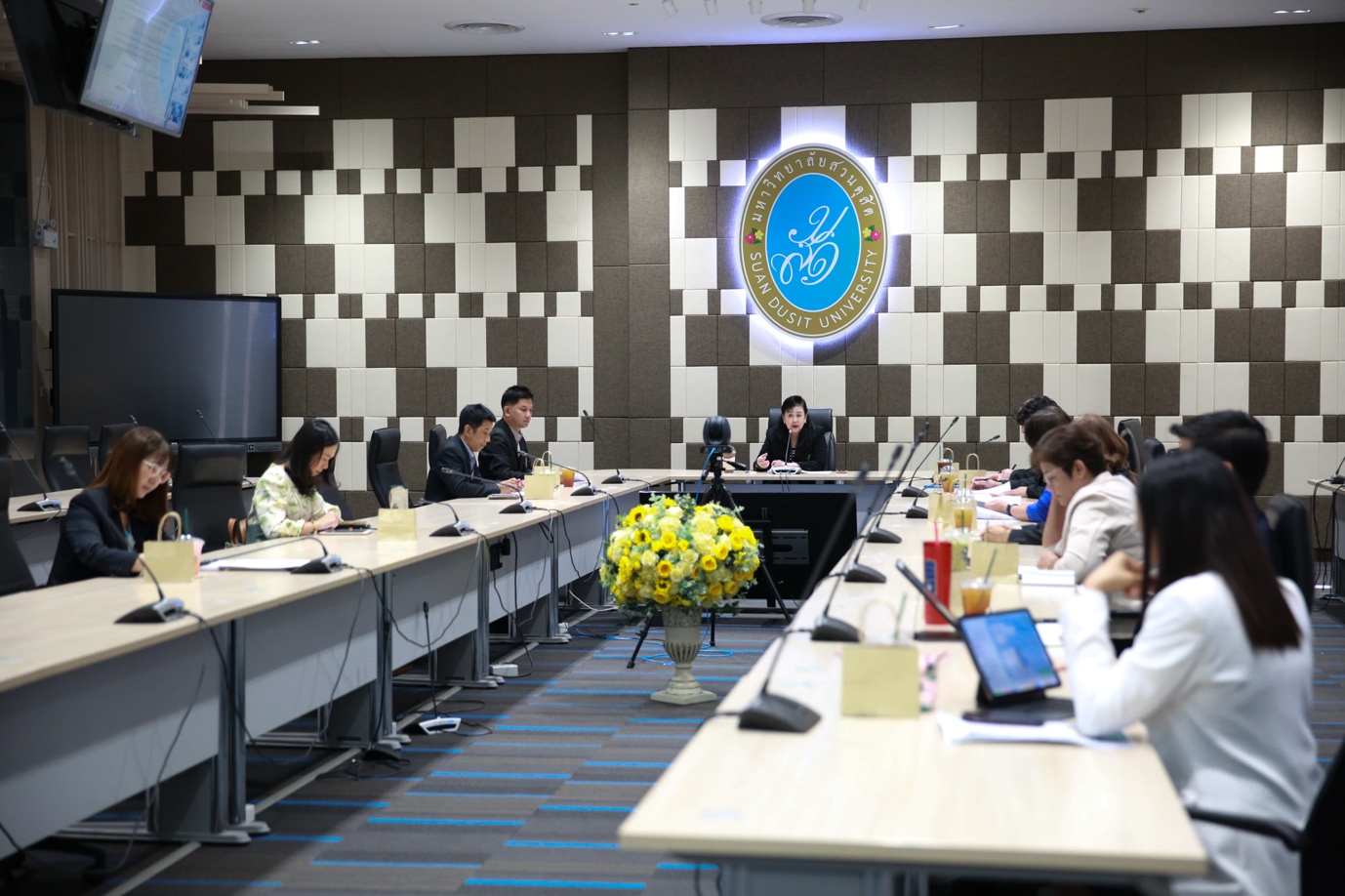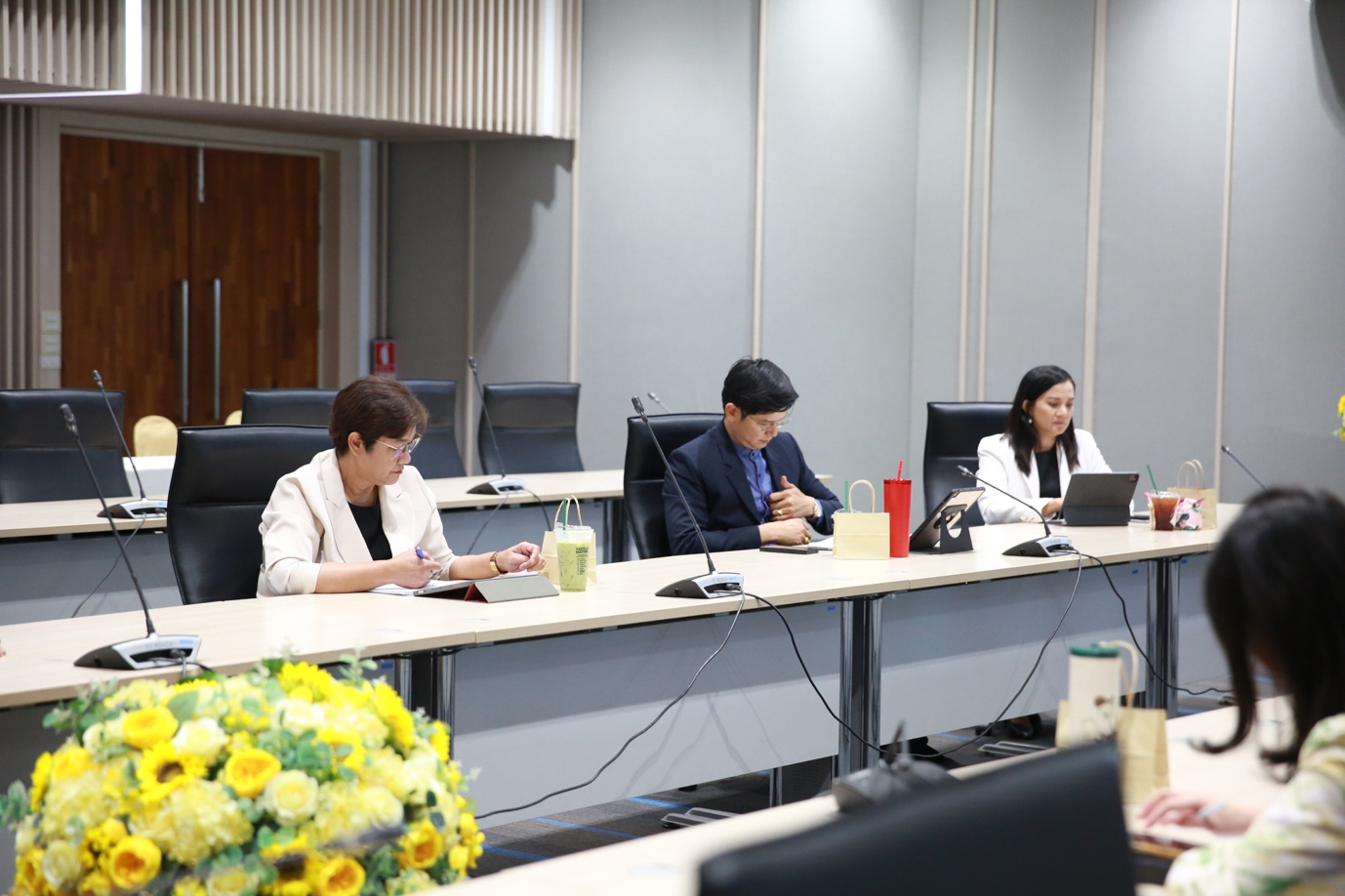Suan Dusit University (SDU) has demonstrated a strong institutional commitment to sustainable environmental governance through the implementation of its Integrated Environmental Quality, Energy, and Resource Management Policy (2022). This policy framework embodies the university’s vision of becoming a Clean & Green University, guided by sustainability principles that ensure responsible management of natural resources, pollution control, and the protection of terrestrial and aquatic ecosystems. The policy is operationalized through the Risk Management Plan (2024), which incorporates environmental, energy, and resource management as key institutional priorities under the university’s strategic sustainability framework.
Water Quality Management and Discharge Standards
SDU recognizes the essential role of water as a critical component of ecosystems and human well-being. To uphold environmental integrity, the university has established clear water discharge guidelines and standards to ensure that all effluents released from campus operations comply with national environmental regulations. According to the Hazardous Waste System Guidelines and the Occupational Health and Safety Report (2024), wastewater from the university undergoes systematic treatment and is monitored monthly for quality parameters such as BOD, COD, TSS, and DO before discharge into public waterways. These measures safeguard aquatic ecosystems, wildlife, and human health while aligning with national pollution control standards.

In addition, SDU promotes water efficiency and conservation within campus facilities through water-saving technologies and landscape management systems. Awareness campaigns and training sessions are regularly conducted for staff and students to foster environmental stewardship and responsible water use as part of the university’s long-term sustainability culture.
Plastic Waste Reduction Policy
SDU’s environmental management framework also includes a robust policy on plastic waste reduction, which aligns with the university’s commitment to a circular and low-waste campus. The policy emphasizes the 3R principles – Reduce, Reuse, and Recycle – encouraging staff and students to minimize single-use plastics and adopt sustainable alternatives. The university has implemented waste segregation stations throughout the campus, launched the “SDU No Plastic” campaign in canteens and shops, and promoted eco-friendly practices in all university events and operations.


The initiative is further supported by the Zero Waste Campus concept, which integrates waste reduction strategies into academic and extracurricular activities. Students and staff actively participate in community projects and research on sustainable waste management, reinforcing the university’s transformation toward a green campus and advancing the goals of pollution control and sustainable land use.
Hazardous Waste Disposal Policy and Practice
To address the risks associated with laboratory and chemical waste, SDU has established a comprehensive Hazardous Waste Disposal Policy with detailed operational procedures outlined in the Hazardous Waste System Guidelines. The policy covers all stages of hazardous waste management—from classification, labeling, and storage to transportation and safe disposal—following legal and environmental safety standards. Sixteen categories of hazardous materials, including laboratory chemicals, batteries, fluorescent lamps, and electronic waste, are specifically monitored. The system also requires monthly reporting and semi-annual audits by the university’s Occupational Health and Safety Committee (OHSC) to ensure accountability and transparency.


SDU has designated secure storage areas for hazardous materials, equipped with impermeable flooring, ventilation systems, and fire prevention equipment. Regular training is provided to laboratory staff, researchers, and maintenance personnel on safe waste handling and spill management. The university also promotes substitution of hazardous substances with safer alternatives and encourages reuse and recycling where feasible, thereby reducing the total volume of hazardous waste generated on campus.
Monitoring, Evaluation, and Risk Management
All environmental policies and operational standards are embedded within the Risk Management Plan of Suan Dusit University (2024), which identifies environmental, energy, and waste management as critical risk areas requiring continuous monitoring. The plan mandates periodic environmental audits, compliance reviews, and reporting mechanisms to the Occupational Health and Safety Committee (OHSC) and university executives. This integrated approach ensures that environmental governance is data-driven, transparent, and aligned with national and global sustainability benchmarks.
Conclusion
Through the integration of water quality management, plastic waste reduction, and hazardous waste disposal into a single, cohesive environmental management framework, Suan Dusit University has established itself as a model of Integrated Environmental Management for Sustainable Development. The university’s policies and practices collectively protect ecosystems, enhance public health, and foster a culture of responsibility among its academic community. These efforts demonstrate SDU’s leadership in promoting environmental stewardship and its long-term commitment to protecting land, water, and life in harmony with nature.
Reference:
